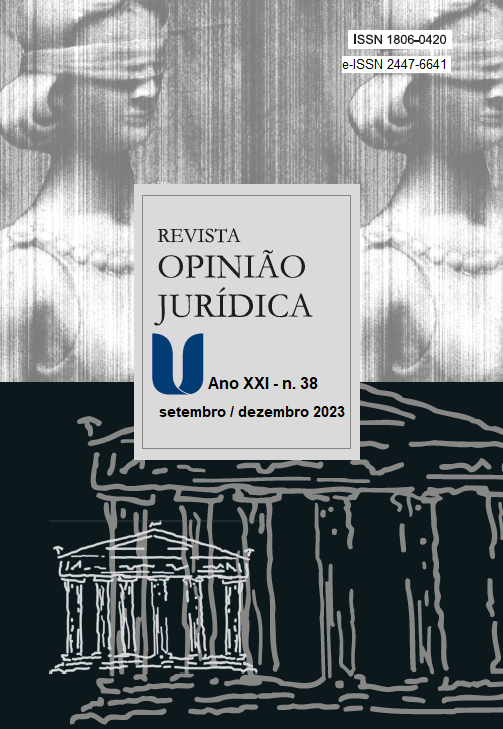STATE OWNED ENTERPRISES: 05 YEARS OF THE NEW CORPORATE GOVERNANCE RULES
DOI:
https://doi.org/10.12662/2447-6641oj.v21i38.p1-17.2023Keywords:
company, state-owned enterprises, corporate governance, directors and officers, legal requirements and impedimentsAbstract
ABSTRACT
Objective: This article intends to address the new Brazilian regulatory environment created by the SOEs Law (Law No. 13,303, of June 30, 2016) which created new corporate governance rules in state-owned enterprises for the election of directors, officers and fiscal council members, with the purpose of protecting the public companies, the mixed joint-stock corporation and its subsidiaries ("state-owned") against any possible (and unfortunately common) political-partisan interference in the appointment of the members of these top-level management positions in the SOEs. The article will also present cases of progress, setbacks, and the future of this new Brazilian legal norm.
Methodology: Review of the bibliography and analysis of judicial and administrative precedents involving the application of new corporate governance rules for state-owned enterprises.
Results: It is possible to conclude that the new corporate governance rules were created by Law No. 13,303, of June 30, 2016 with the purpose of protecting the state-owned enterprises (SOEs) against any possible (and unfortunately common) political-partisan interference in the appointment of the members of the top-level management positions in the SOEs.
Contributions: From the results found, it is possible to verify: (a) One of the most relevant aspects of the Law No. 13,303, of June 30, 2016 was the creation of academic background, professional experience and professionalization for the top-level management of state-owned enterprises, as usual in the private sector. (b) that the Brazilian Securities and Exchange Commission (CVM) determined the application of the new corporate governance rules for state-owned enterprises; (c) the Judiciary, especially the Federal Supreme Court (STF), can make a relevant contribution if it decides to apply these new rules of governance corporate in order to mitigate political-partisan interference in the appointment of the members of these top-level management positions in the state-owned enterprises (SOEs).
Published
How to Cite
Issue
Section
License
Copyright (c) 2023 Revista Opinião Jurídica (Fortaleza)

This work is licensed under a Creative Commons Attribution-NonCommercial-ShareAlike 4.0 International License.
CESSION OF COPYRIGHTS
The submission of articles to analysis for publication on Opinião Jurídica implies the author(s) transfers copyrights to Centro Universitário Christus – UNICHRISTUS for reproduction, publicizing, distribution, printing and publication, according to the Publication Norm 414R, Opin. Jur., Fortaleza, year 12, n. 16, p.1-414, Jan./Dec. 2014, costs to be bore by UNICHRISTUS, in whatever format or means that may or shall exist, in accordance to articles 49 and following of Federal Law 9.610/98.
1. In ceding copyrights, the author(s) agrees to do so in exclusivity, free of charge and for the totality of the work.
2. UNICHRISTUS may make the work, in its entirety or in parts, available for scholarly purposes, without altering its contents, except for small corrections that are deemed necessary.
3. The cession of copyrights is valid in all countries and for versions of the material in its original language or translated into a foreign language.
RESPONSIBILITY FOR THE CONTENT
By submitting an article, the author(s) declare to have sole responsibility for the content of the piece and is(are), therefore, responsible for any judicial or extrajudicial measures referring to it.
1. In case of joint authorship, all authors are considered collectively responsible, except when proved otherwise.


















